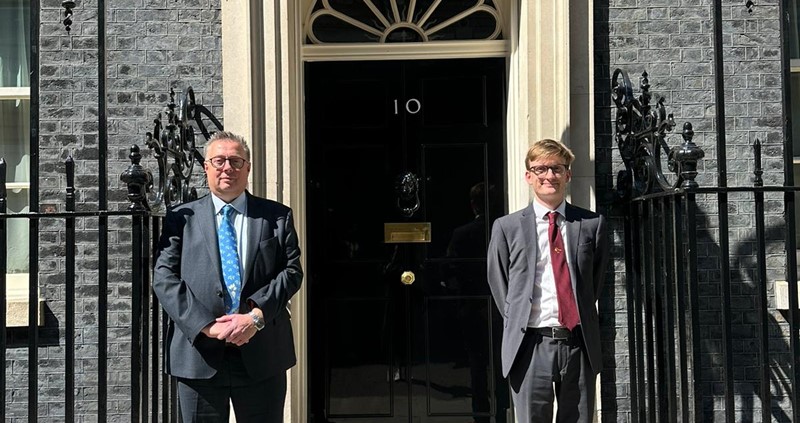The Labour Government take office, with early engagement between the Prime Ministers of the UK and India. Both sides discussed the Free Trade Agreement with Prime Minister Keir Starmer saying he stands ready to conclude a deal which works for both sides. Prime Minister Narendra Modi has previously said that he wishes to conclude a deal with the UK in the first 100 days of office.
Sector opportunities
Dairy
The UK exported around £2.7 million of dairy products to India last year. However, tariffs on UK dairy exports to India are currently high, exceeding 30%, and non-tariff barriers also pose difficulties for exporters. An ambitious trade deal, which delivers balanced yet commercially meaningful benefits for UK agriculture, should reduce these tariffs and non-tariff barriers and facilitate greater exports of UK dairy products to India, including high quality, authentic and unique British cheeses. Though the industry will still need to navigate the patchy, cold chain infrastructure that exists in India to really maximise the openings.
Lamb
Lamb is eaten by all religions in India, and while it may make sense to send halal meat to cater for all tastes, there could also be opportunities for non-halal British lamb exports around multiple religious festivals.
Fruit and vegetables
Exports of less perishable fruits, particularly apples, have the potential to be highly successful in India as the regions outside northern India rely on apple imports throughout the year to meet consumer demand. India only has a few northern hemisphere suppliers, of which Turkey and the US are the largest, but the UK could have the opportunity to displace existing imports with British grown apples overtaking competitors who, like the UK, currently face high tariffs of 50%.
Beef
While Muslims and Christians make up only 16% of the Indian population, that’s still a target audience of 220m people for beef. India currently bans the import of any beef to its country, and this is unlikely to change in any trade deal. However, the UK has an export certificate in place to supply India bovine genetics and semen.
Pork
Opportunities for pork exist in the growing tourism and foodservice sector. India’s attempts to modernise and commercialise its pig farms could offer an opening for the pig sector due to the UK’s reputation for genetics and animal health, not to mention expertise in breeding.
Challenges and barriers
While the potential of the Indian market is clear, there are also a wide range of challenges specific to the country.
There are specific issues for sugar and eggs. In December 2021, a WTO (World Trade Organisation) panel ruled that the Indian sugar regime breaches its rules on agricultural support, export subsidies and notification of subsidies to the WTO. This is an ongoing situation that amounts to a distortion of the world sugar market. The NFU has been clear that the UK Government should not offer any access to our prized sugar market in light of these illegal export subsidies.
We call upon the government to uphold its own commitment not to undercut British farmers in trade deals. In practice, this means the government should not allow goods produced to lower animal welfare and environmental standards preferential access to our domestic market. Given that egg production in India widely uses conventional cages, which have been banned in the UK since 2012, we believe that eggs and egg products should be excluded from this trade deal.

